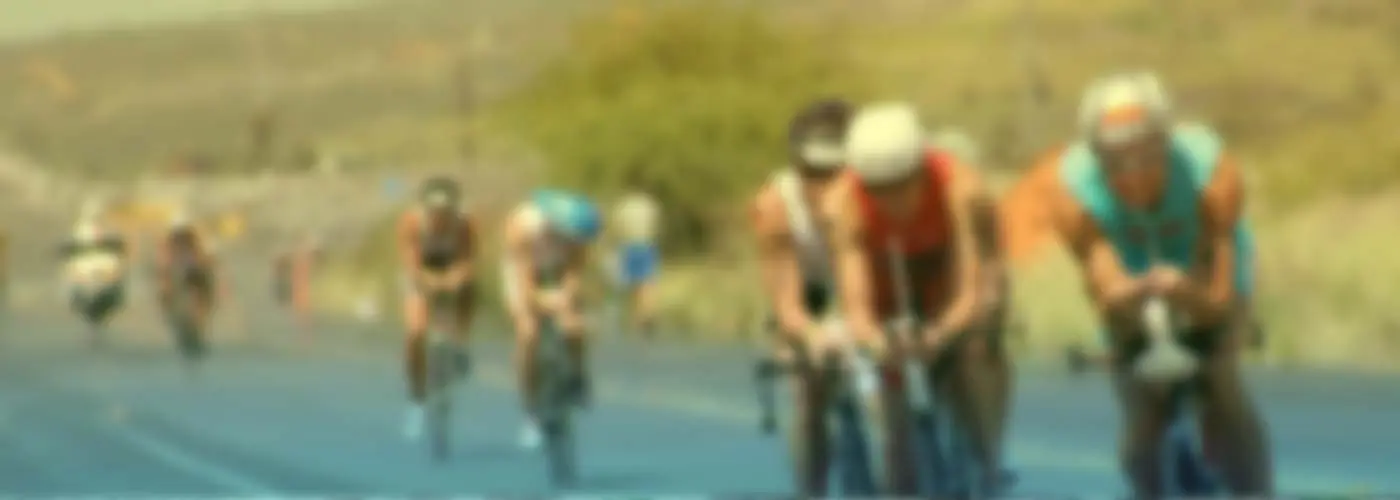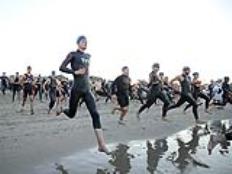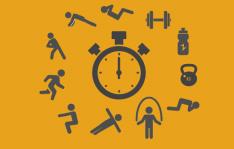So, how can pain be a blessing? It makes you more aware of your body. When an alarm goes off, you have to listen to it.
The Worst Triathlon Advice
1 of 5
The worst thing to do when you feel something nagging is to ignore it. Instead, recognize it. Make a mental note. Start asking yourself some questions. Where is the pain? Did you do anything different lately? Is this a new pain or have you felt it before? What movements or certain exercises make it feel worse? It is important to keep tabs on our bodies. Check in, take inventory and listen to it. Pain is a signal for something not quite right. It is an alarm to a disconnect somewhere in your body. Ignore it and you will find more pain in other places and maybe more intense pain later on. By listening, recognizing and taking note, you are compiling your own body's history to how it works and feels.
Find:
Your Next TriathlonUse Pain as a Wake Up Call
2 of 5
There are countless stories of the hip that never got better after running its very first marathon, or the injured shoulder that could not handle the swim training or the stress fracture that turned a race into a living nightmare, the tendinopathy developed from miles and miles of cycling and so on.
When there is a goal, like a race or marathon, our mind becomes focused on that goal. We sign up for the event and all of a sudden focus turns into determination to reach that goal. Determination sees us training day after day. We stress our bodies to get us there because we are hungry to achieve. This is wonderful and healthy, but we must also listen in to the body while stressing it. When it arises, use pain as a wake up call to how your body works and moves.
Find:
Your Next TriathlonHow to Care for Your Body When You Feel Pain
3 of 5
Make sure you are getting the recovery you need. Continually stressing the body without the proper rest and recovery is a sure-fire way to sideline yourself. Try low impact exercise like Pilates or Yoga to offset the constant stress put on the body through rigorous training. Use a foam roller at home and put some good time into releasing your own muscles. Enlist complimentary therapies like acupuncture or massage to decrease tension and inflammation. Seek out the advice of higher professionals such as doctors, physical therapists and masters of certain movement modalities if needed. Ask questions from them as well as your trainers. Everyone might have differing opinions but getting another opinion can be enlightening in the path to learning about your own body.
Find:
Your Next TriathlonWhy It's Important to Be Aware
4 of 5
The purpose of being enlightened and aware of your own body's intricacies is so that you can have a map to refer to. In learning its disconnects, you begin to learn where you need to pay more attention. See pain as your blessing to be aware of where these disconnects live. Whether you have a structural issue (usually skeletal such as scoliosis or different femur lengths) or mechanical/habitual (something instilled and reinforced over years of using the body in a certain way), you can begin to learn, correct and affect change before pain or injury even becomes an issue. With synergistic functioning of the body, there is total comfort. With a lapse or disconnect in the system, the fire alarm sounds. It is saying, "take care," and we are called to listen.







Discuss This Article